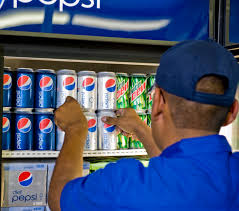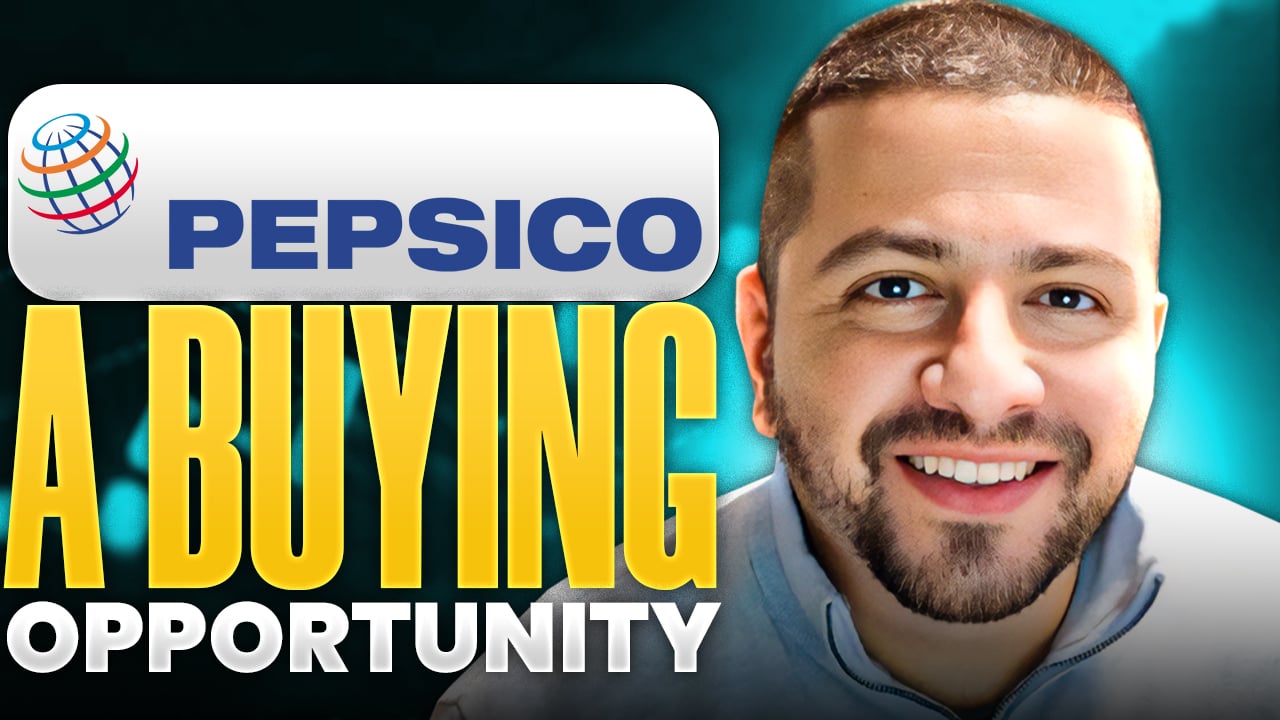Plenty of companies tout their long-term growth prospects, and many investors believe them.
The fact is, however, most companies won't quite meet these lofty long-term expectations. It takes something special for a company to thrive for decades on end -- or even in perpetuity -- and reward shareholders for their patience.
These names are out there though, with some of them hiding in plain sight. Here's a look at three such stocks that could create lasting generational wealth. Or, they could at least dish out enough multiyear gains in the meantime to leave a nice lump sum to your grandchildren.

Image source: Getty Images.
1. PepsiCo
When given the choice of beverage stocks to buy, most investors tend to choose Coca-Cola over PepsiCo (PEP +3.24%). And understandably so. Not only is Coke the bigger of the two, it's also a more familiar household name.
If you're going to choose one or the other right now, PepsiCo stock is arguably the better choice here for a couple of reasons.
One of these reasons is very basic. That is, PepsiCo's dividend is higher, with a forward-looking dividend yield of 3.9% versus Coke's 2.9%. Although there's always more to a dividend stock than its yield (like longevity, or its historical growth), these two stocks' dividend pedigrees are similar enough to still make PepsiCo's bigger yield the smarter overall choice at this time.
Coca-Cola has raised its per-share dividend payment every year for the past 63 years, for instance, but PepsiCo is no slouch with 53 consecutive annual increases of its payout.

NASDAQ: PEP
Key Data Points
As for the other big reason pick PepsiCo over Coke here, while it's not readily evident from a consumer's point of view, the two beverage companies are operationally quite different.
Not only does PepsiCo own the Frito-Lay family of snack chips as well as Quaker Oats, but PepsiCo owns (or at least controls) most of its bottling and production facilities, whereas Coca-Cola punts the majority of its bottling work to contracted third-party bottlers so it can focus on what it does best. That's marketing. It's been a high-margin business model that's worked well for Coca-Cola for years now, too.
With artificial intelligence (AI) leveling the playing field for beverage companies of all sizes though (at the same time consumers are increasingly willing to try less-established and less-obvious brands), PepsiCo's more complete control of its entire -- and more diversified -- business could prove to be a strategic advantage.
2. Amazon
There's no denying Amazon's (AMZN 1.02%) highest-growth days are in the rearview mirror. After all, when you're already realizing more than $600 billion worth of revenue per year, it's logistically difficult to find more customers, or find more ways to generate more sales from existing customers.
Still, last quarter's top line growth of 13% is pretty impressive for a $2.5 trillion behemoth. And it's this sheer size that makes Amazon such a compelling long-term growth prospect.
While it's not outright impossible, dethroning a market leader is pretty difficult to do. An industry's leading name usually becomes its biggest name for good reason, after all, one of which is a fierce focus on the customer experience that Amazon's current CEO Andy Jassy still obsesses over. It's also difficult to displace a market leader when that market leader makes a point of being paranoid about its competition, which Amazon does.
In other words, Amazon isn't about to be displaced as North America's leading e-commerce outfit, or the planet's leading cloud computing service provider.
Neither business is apt to run into any real headwinds anytime soon either. The U.S. Census Bureau reports that -- despite e-commerce's growth over the course of the past 25 years -- still less than one-fifth of this country's retail spending is done online. Meanwhile, the AI boom is not only creating demand for more remote (cloud-based) computing solutions, but also driving the need for more storage of all the digital data now being created by artificial intelligence. And, there's no end in sight to this dynamic.
3. BYD Company
Finally, add BYD Company (BYDDY 4.25%) to your list of stocks that could create lasting generational wealth.
If you're not familiar with it, BYD is the company that recently displaced Tesla as the world's biggest manufacturer of electric vehicles, as measured by revenue as well as unit sales. It's just not a household name here in America because BYD doesn't sell cars here. Its primary market is China, although it's making surprising inroads in Europe too.
No place is out of reach in the long run, however. BYD has taken the unusual-but-savvy step of acquiring six massive transport ships (with a seventh on the way), each capable of carrying a few thousand EVs anywhere accessible by ocean.

OTC: BYDDY
Key Data Points
It's difficult not to notice this stock's underperformed since the middle of this year. Blame its competitors, mostly, which are putting pressure on its profit margins in an economic environment that isn't exactly robust, particularly in BYD's core market of China.
This is also apt to be temporary weakness though, turning this ticker's 35% pullback from its June peak into an opportunity rather than a warning. Electric vehicles are still the future, particularly in China, where EY (you may know as Ernst & Young) expects more than 90% of all vehicle sales to be battery-powered automobiles by 2034, up from around 50% this year. The rest of the world shouldn't be too far behind that pace.
The kicker: BYD is working on solid state lithium batteries that should get electric vehicles over the adoption hump, so to speak. While commercial production is still at least a couple years down the road, this new kind of EV battery charges faster, lasts longer, is safer, and perhaps most importantly, adds meaningfully more driving range to current lithium-based EV batteries.
Plenty of other automobile manufacturers are working on electric vehicles. All of them are going to struggle to catch up with BYD. It's just too far along, and is likely to end up becoming the dominant name in the business.








